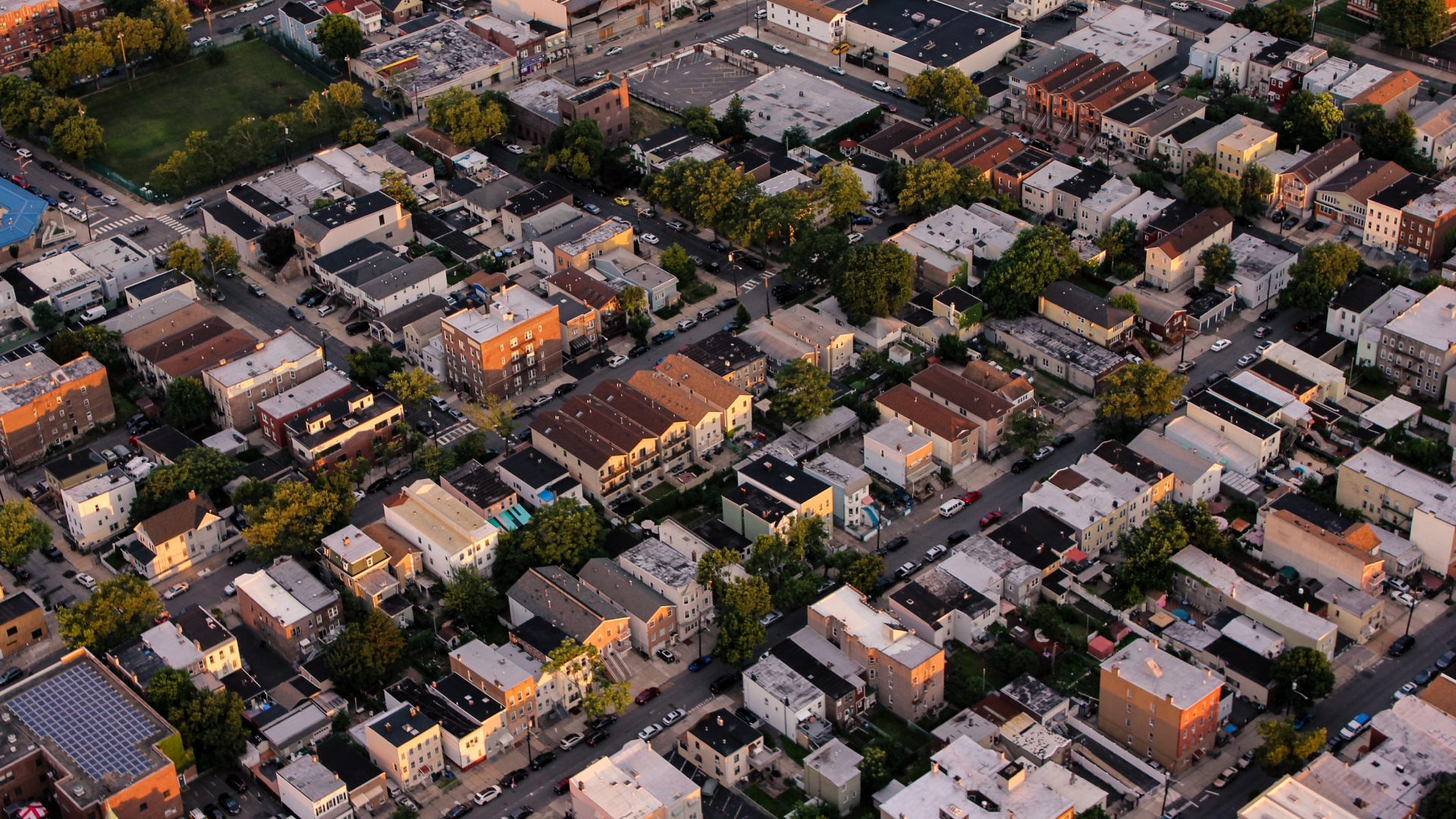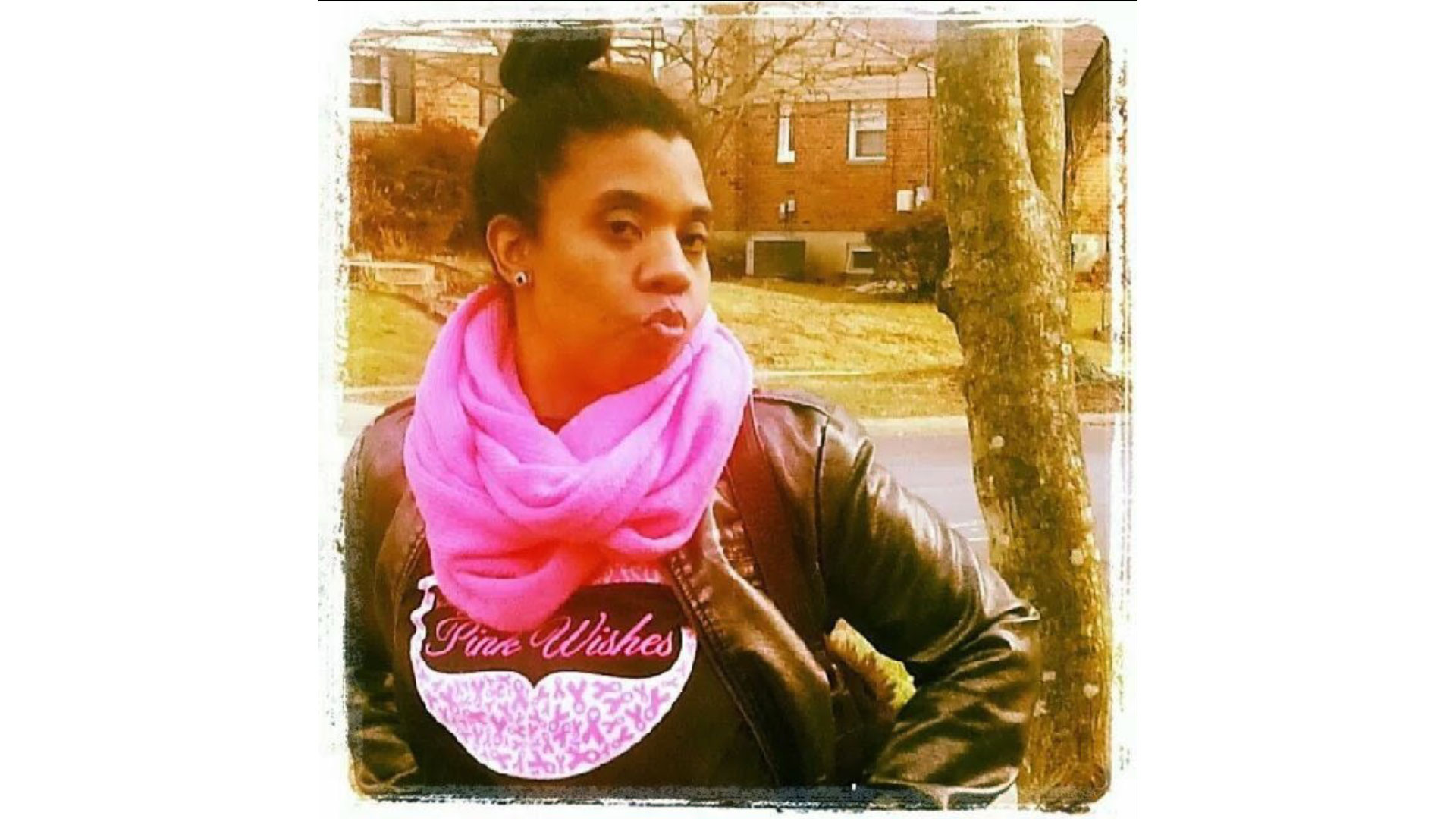Want to learn to tell your story to make change?
In a 2-hour, online workshop at Lacuna Loft, we’ll delve into how you can turn your young adult cancer story into advocacy. Advocacy comes in many different shapes and sizes so we’ll talk about what it might mean to you and how to go about shaping your own narrative into the change you want to see around you. The workshop will be interactive and equip you with the skills you need to turn your story into advocacy.
The program is open to young adult cancer patients, survivors, and caregivers and is scheduled for Tuesday, May 26th. 2:30-4:30 pm PT / 4:30-6:30 pm CT / 5:30-7:30 pm ET.
When you sign up for the workshop, you’ll get a confirmation from the system that you’ve registered. Then a few days before the workshop occurs, you’ll get an email from Lacuna Loft explaining how to join the video chat. ***You’ll need the link that we’ll provide you, a headset with a microphone, and a webcam.*** [ The webcam is very important. The workshop will be interactive so the other participants need to be able to see your face! 🙂 ]
What if I’ve taken the workshop already? At this time, the workshop has not changed in between sessions. A ‘Round 2’ of the workshop is in process though and we’ll debut it in the fall!







